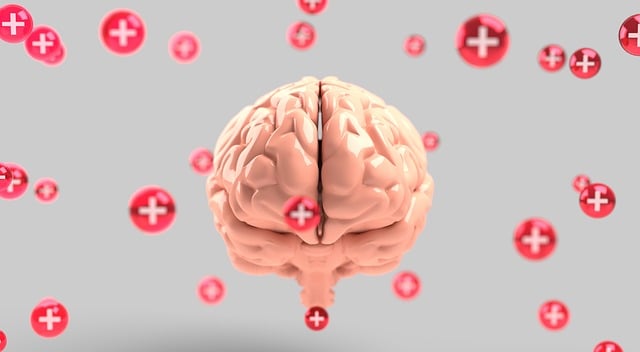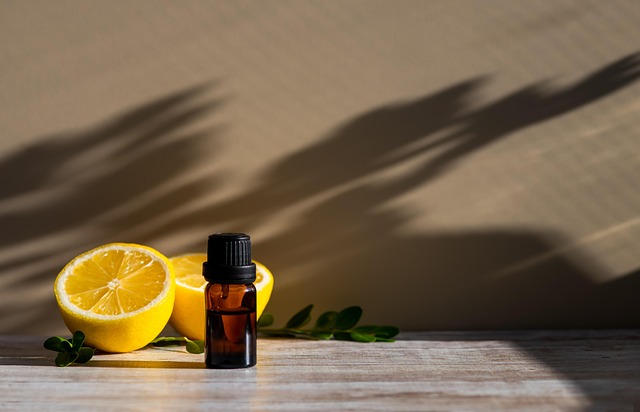Mindfulness therapy, focusing on present-moment awareness, effectively manages stress and anxiety by helping individuals detach from anxious thoughts and adopt healthier coping strategies. Through techniques like guided meditation, breathing exercises, and body scans, it reduces cortisol levels, regulates emotional responses, and boosts well-being. Integrating mindfulness into daily routines, such as during meals or commutes, offers long-term stress management and enhances life satisfaction.
Stress and anxiety are prevalent challenges in modern life, but effective management is achievable through therapeutic practices. This article explores the profound impact of stress and anxiety on mental health and offers a comprehensive guide to navigating these issues. We delve into mindfulness therapy as a powerful tool for calming the mind, and present various therapeutic techniques to foster resilience and overall well-being. Learn practical tips for integrating mindfulness into daily life for long-term stress management.
- Understanding Stress and Anxiety: Unraveling the Impact and Causes
- Mindfulness Therapy: A Powerful Tool for Calming the Mind
- Therapeutic Practices: Techniques to Cultivate Resilience and Well-being
- Integrating Mindfulness into Daily Life: Practical Tips for Long-term Management
Understanding Stress and Anxiety: Unraveling the Impact and Causes

Stress and anxiety are prevalent issues that can significantly impact an individual’s overall well-being, affecting both mental and physical health. Understanding these feelings is a crucial step towards managing them effectively. Stress is often defined as the body’s response to demands or threats, triggering a series of physiological changes, such as increased heart rate and blood pressure. It can arise from various sources, including work pressures, financial worries, or significant life changes. On the other hand, anxiety is an emotion characterized by feelings of worry, fear, and unease, often accompanied by physical symptoms like restlessness, muscle tension, and difficulty concentrating.
Mindfulness therapy has emerged as a powerful tool to navigate these challenges. This therapeutic approach encourages individuals to focus on the present moment, observing their thoughts and sensations without judgment. By cultivating awareness, mindfulness practices enable people to recognize triggers and develop healthier coping mechanisms. It helps to reduce the impact of stressful or anxious thoughts by providing a sense of detachment, allowing for better decision-making and emotional regulation.
Mindfulness Therapy: A Powerful Tool for Calming the Mind

Mindfulness therapy has emerged as a powerful tool in the arsenal of stress and anxiety management. This therapeutic practice encourages individuals to focus their attention on the present moment, observing thoughts and feelings without judgment. By cultivating mindfulness, people can learn to detach from anxious thoughts, reducing their impact and intensity. Research shows that mindfulness techniques can regulate emotional responses, lower cortisol levels, and enhance overall well-being.
In a bustling world filled with constant stimuli, mindfulness offers a sanctuary of calm. Through guided meditation, breathing exercises, and body scans, individuals are taught to navigate the chaos of daily life. This practice allows them to become more aware of their thoughts, emotions, and physical sensations, enabling better stress response management. Mindfulness therapy is accessible to all; it can be practiced anywhere, anytime, making it an effective self-care strategy for managing anxiety in today’s fast-paced world.
Therapeutic Practices: Techniques to Cultivate Resilience and Well-being

Therapeutic practices, such as mindfulness therapy, offer powerful tools for cultivating resilience and enhancing well-being in the face of stress and anxiety. Mindfulness involves focusing on the present moment, accepting thoughts and feelings without judgment, and developing a deeper awareness of one’s bodily sensations and surroundings. This practice has been shown to reduce symptoms of anxiety and depression, improve emotional regulation, and enhance overall life satisfaction.
By incorporating mindfulness into daily routines, individuals can learn to navigate stressful situations with greater calmness and clarity. Therapeutic techniques may include guided meditation, deep breathing exercises, and body scans, which help individuals connect with their inner experiences and cultivate a sense of grounding. These practices foster a deeper understanding of one’s triggers and responses, enabling individuals to develop effective coping strategies tailored to their unique needs.
Integrating Mindfulness into Daily Life: Practical Tips for Long-term Management

Integrating mindfulness into daily life is a powerful strategy for long-term stress and anxiety management. Mindfulness therapy encourages individuals to focus on the present moment, observing thoughts and feelings without judgment. This simple yet profound practice can be seamlessly incorporated into everyday activities. For instance, during meals, instead of rushing or mindlessly scrolling, one can pay attention to the sensory experience: the textures, smells, and tastes, appreciating each bite fully. Similarly, commuting to work becomes an opportunity to engage senses and breathe deeply, transforming a stressful routine into a mindful journey.
Practical tips for sustaining mindfulness include setting aside dedicated time for meditation or breathing exercises, engaging in body scans to recognize physical sensations, and practicing gratitude by reflecting on positive aspects of the day. Incorporating mindfulness walks where you consciously notice your surroundings can also be beneficial. By making these techniques habitual, individuals can cultivate a sense of calm and resilience, effectively managing stress and anxiety in their daily lives.
Stress and anxiety management through therapeutic practices, particularly mindfulness therapy, offers a transformative path towards resilience and well-being. By understanding the impact and causes of these pervasive issues, individuals can equip themselves with effective techniques from various therapeutic approaches. Integrating mindfulness into daily life provides a sustainable solution for long-term stress reduction, enabling folks to navigate life’s challenges with greater ease and clarity.
